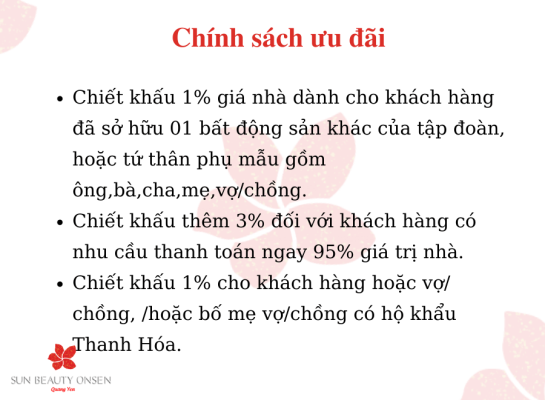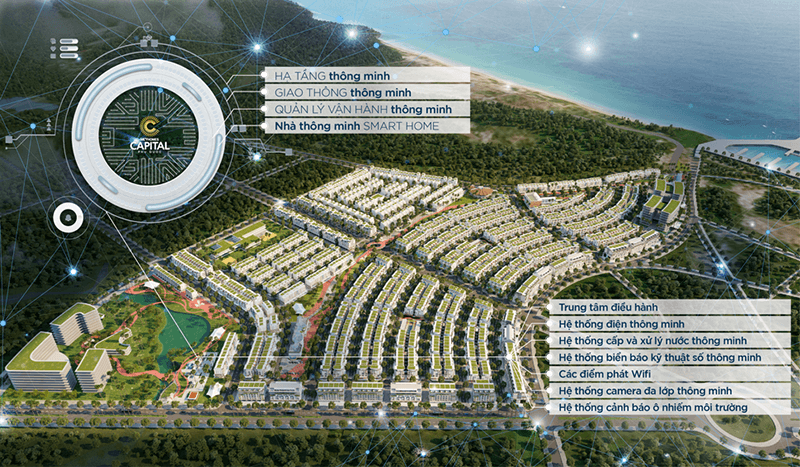- Resonance Across the Nation: Digital Platforms Now Deliver Current news in ghana to Over Three-Quarters of the Population, Fueling a New Era of Engagement.
- The Rise of Online News Portals and Social Media
- Impact on Political Discourse and Civic Engagement
- The Role of Citizen Journalism
- Challenges Facing Traditional Media Outlets
- The Influence of International News Agencies
- Media Literacy and Combating Misinformation
- The Future of news in ghana: Trends and Opportunities
Resonance Across the Nation: Digital Platforms Now Deliver Current news in ghana to Over Three-Quarters of the Population, Fueling a New Era of Engagement.
The accessibility of current news in ghana has undergone a dramatic transformation in recent years. Traditionally reliant on state-owned broadcasters and limited print media, Ghanaians now have a wealth of information at their fingertips, largely thanks to the proliferation of digital platforms. This shift represents not just a change in how information is consumed, but a fundamental alteration in the civic landscape, empowering citizens with greater access to diverse perspectives and fostering increased engagement with national issues. Over three-quarters of the population now relies on digital sources for their daily updates, signaling a new era of information accessibility and democratic participation.
The Rise of Online News Portals and Social Media
The increasing penetration of internet access and mobile devices has been the primary driver behind the growth of online news portals in Ghana. Numerous local websites and international news organizations offer comprehensive coverage, catering to a wide range of interests and demographics. Social media platforms, particularly Facebook, Twitter, and Instagram, have also become crucial sources of news, allowing citizens to share information and engage in public discussions. This dynamic has bypassed the traditional gatekeepers of information, creating a more decentralized and participatory media environment.
However, this rise in accessibility isn’t without its challenges. The rapid spread of misinformation and “fake news” is a significant concern, requiring a critical approach to news consumption and a greater emphasis on media literacy. The ability to discern credible sources from unreliable ones is paramount in an era where information, both accurate and inaccurate, spreads with unprecedented speed. Ensuring responsible online behavior and promoting fact-checking initiatives are vital steps in safeguarding the integrity of the information ecosystem.
| 8.2 Million | News Feed, Shared Links | |
| Twitter (X) | 2.5 Million | Real-time Updates, Breaking News |
| 4.8 Million | Visual News Stories, Influencer Coverage | |
| Online News Portals (e.g., Myjoyonline, Graphic Online) | 6.5 Million | Dedicated Website Visits, Mobile Apps |
Impact on Political Discourse and Civic Engagement
The accessibility of news has profoundly impacted political discourse in Ghana. Citizens are now better informed about policy debates, government actions, and the activities of political parties. This heightened awareness, coupled with the ability to share opinions and organize online, has led to increased civic engagement. Social media campaigns and online petitions have become effective tools for advocating for social change and holding leaders accountable.
However, the amplified voices aren’t always constructive. Online political discussions can often be polarized and dominated by misinformation, creating echo chambers and hindering productive dialogue. The anonymity afforded by the internet can also embolden individuals to engage in hate speech and cyberbullying, posing a threat to civil society. It’s crucial to create platforms that promote respectful conversations and encourage constructive engagement with diverse perspectives.
The Role of Citizen Journalism
The democratization of information has also fueled the rise of citizen journalism. Ordinary Ghanaians are increasingly using smartphones and social media to report on events in their communities, providing firsthand accounts and perspectives that are often absent from mainstream media. This form of journalism can be particularly valuable in highlighting local issues and holding local authorities accountable. However, it’s important to acknowledge that citizen journalists may lack the professional training and resources of established news organizations, potentially compromising accuracy and impartiality. Verification of citizen-reported information remains a key challenge.
Challenges Facing Traditional Media Outlets
Traditional media outlets in Ghana are facing significant challenges in adapting to the digital age. The decline in circulation of print newspapers and the shift of advertising revenue to online platforms have created financial pressures. Many media houses are struggling to maintain their journalistic standards while competing with the speed and reach of digital news providers. Investing in digital infrastructure, training staff in digital skills, and developing new business models are essential for the survival and sustainability of traditional media in Ghana. Adapting to audience behaviors and offering multimedia content are vital strategies for retaining relevance in a rapidly evolving media landscape.
The Influence of International News Agencies
While local news sources are gaining prominence, international news agencies continue to play a significant role in shaping the news agenda in Ghana. Agencies like Reuters, Associated Press, and BBC provide global coverage that often influences local reporting. The dominance of international perspectives can sometimes overshadow local narratives and create a skewed perception of events. Strengthening the capacity of local media to produce high-quality, independent journalism is crucial for ensuring a more balanced and representative news ecosystem. Promoting the development of african-based news agencies is also essential for correcting existing imbalances in global news coverage.
Media Literacy and Combating Misinformation
Addressing the spread of misinformation requires a multi-pronged approach, with a central focus on media literacy. Educating citizens about how to critically evaluate information, identify fake news, and understand the biases of different media sources is essential. Schools, community organizations, and media outlets all have a role to play in promoting media literacy. Initiatives that empower citizens to become responsible consumers and producers of information are vital for fostering a healthy information environment.
Collaboration between media organizations, fact-checking initiatives, and social media platforms is also crucial. Platforms have a responsibility to proactively identify and remove harmful misinformation, while media organizations can contribute to fact-checking efforts and provide accurate reporting. Establishing clear standards for online content and promoting transparency are essential steps in building trust and combating the spread of false information. The increasing sophistication of artificial intelligence (AI) and deepfakes further complicates the challenge of identifying misinformation, demanding continuous innovation in detection and verification techniques.
- Promote critical thinking skills among citizens.
- Support independent fact-checking organizations.
- Encourage media outlets to adhere to ethical standards.
- Increase transparency on social media platforms.
- Invest in media literacy education programs.
The Future of news in ghana: Trends and Opportunities
The future of news consumption in Ghana is likely to be shaped by several key trends. The continued growth of mobile technology will further expand access to information, particularly in rural areas. The emergence of new digital platforms and formats, such as podcasts and video streaming services, will offer new ways to consume news. The increasing use of data analytics and artificial intelligence will enable media organizations to personalize content and enhance audience engagement.
There are significant opportunities for innovation in the Ghanaian media landscape. Developing hyperlocal news platforms that cater to the specific needs of local communities can fill a critical gap in coverage. Exploring new revenue models beyond traditional advertising, such as subscriptions and donations, can help ensure the financial sustainability of independent media. Strengthening collaboration between media organizations and civil society groups can promote investigative journalism and advocacy initiatives. The continued growth of data journalism and in-depth reporting will be crucial for uncovering corruption and promoting transparency.
- Increased mobile access will expand reach
- New digital formats (podcasts, streaming) will emerge
- Data analytics will enable personalized content.
- Hyperlocal news will fill coverage gaps.
- Innovative revenue models are needed.
| Mobile-First Consumption | Greater accessibility, wider reach | Data costs, digital divide |
| Personalized News Feeds | Increased engagement, targeted content | Filter bubbles, echo chambers |
| AI-Powered Journalism | Automated reporting, content creation | Bias, accuracy concerns |
| Hyperlocal News Platforms | Community focused insights, civic engagement | Sustainability, funding |



























